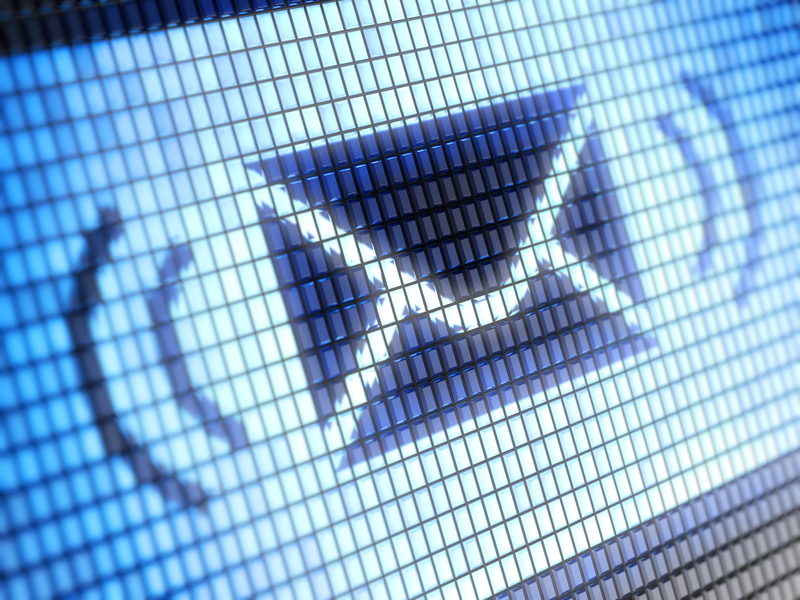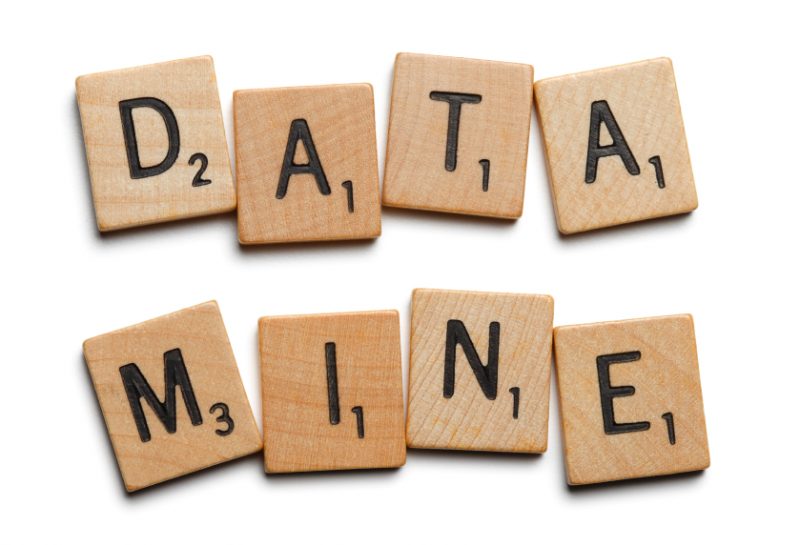
Recent revelations about widespread hacking of celebrities’ accounts tell us a lot about the current state of online privacy and security.
While Cameron Diaz fairly called the hacking a “major violation” and Emma Watson noted that the reaction to the leaked photos has been even more disturbing, Kim Kardashian zeroed in on another important point. “I think it’s a big wake up call for people to make sure they have every privacy setting,” she told the BBC.
Steps to safety
Navigating the online world is part of our everyday lives, but the terrain can still be treacherous.
Despite the unwelcome attention, hacking victim Jennifer Lawrence has managed set a great example. By confronting the issue head-on, “she turned what could have been a minor embarrassment into marketing gold, reinforcing her own celebrity-brand values and differentiation,” writes Wall Street Journal columnist Gregory J. Millman.
Many tech companies have been reluctant to restrict questionable content such as the recently leaked photos (because of both free speech concerns and the valuable traffic they can bring), but there are signs of potential change. “Twitter, YouTube and others may ultimately decide to take a more active approach to policing user-generated content,” observes the New York Times’ Mike Isaac, and Facebook just introduced a new “Privacy Checkup” feature to help users manage what they share and with whom. Such steps might help, but for now the forecast for online privacy remains the same: cloudy with a chance of embarrassment.




